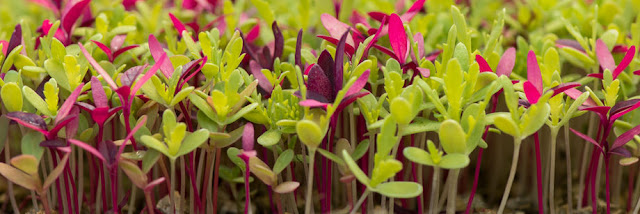Menopause can bring about various changes and challenges for women, so it's important to focus on a healthy and balanced diet to manage menopause symptoms effectively.
Here's a sample non-vegetarian diet chart for a 45-55 year-old woman
weighing 60-70 kg during menopause:
Breakfast:
Option 1: 1 boiled egg, 1 slice of whole grain bread, 1 cup of mixed vegetables (e.g., spinach, bell peppers, mushrooms)
Option 2: 1 small bowl of oatmeal cooked with water or
low-fat milk, topped with berries and a sprinkle of nuts
Option 3: 1 small bowl of Greek yogurt with sliced fruits
and a tablespoon of honey
Mid-Morning Snack:
Option 1: 1 small apple
Option 2: 1 cup of cucumber slices with a tablespoon of
hummus
Option 3: 1 small handful of almonds or walnuts
Lunch:
Option 1: Grilled chicken breast or fish fillet, 1 serving of steamed vegetables (e.g., broccoli, carrots, green beans), and 1 small baked potato
Option 2: Lentil or bean salad with mixed vegetables,
dressed with lemon juice and olive oil
Option 3: Whole grain wrap filled with lean turkey or tofu,
fresh lettuce, tomatoes, and mustard
Afternoon Snack:
Option 1: 1 small bowl of mixed fruits (e.g., berries,
melon, grapes)
Option 2: 1 small serving of low-fat cottage cheese with
cherry tomatoes
Option 3: Carrot sticks with a tablespoon of hummus
Dinner:
Option 1: Grilled salmon or tofu, 1 serving of roasted vegetables (e.g., Brussels sprouts, zucchini, cauliflower), and a small portion of quinoa or brown rice
Option 2: Stir-fried lean beef or tempeh with mixed
vegetables, served with a side of whole wheat noodles
Option 3: Baked chicken breast or vegetable casserole with
a variety of colorful vegetables and herbs
Evening Snack (optional):
Option 1: 1 small cup of low-fat Greek yogurt with a sprinkle of granola
Option 2: 1 small handful of mixed nuts and seeds
Option 3: 1 small glass of vegetable juice
Note: During menopause, it's crucial to focus on foods rich in calcium and vitamin D to support bone health. Additionally, incorporating foods containing phytoestrogens, such as soy products, flaxseeds, and chickpeas, may help alleviate certain menopause symptoms. Avoiding triggers like caffeine, spicy foods, and alcohol may also benefit some women. Stay hydrated and maintain a regular exercise routine that includes a mix of cardiovascular exercises, strength training, and flexibility exercises.
Remember, individual needs may vary, and it's advisable to
consult with a healthcare professional or a registered dietitian to tailor this
diet plan to your specific requirements and any underlying health conditions
you may have.
 Reviewed by CREATIVE WRITER
on
June 13, 2023
Rating:
Reviewed by CREATIVE WRITER
on
June 13, 2023
Rating:





.JPG)




No comments: